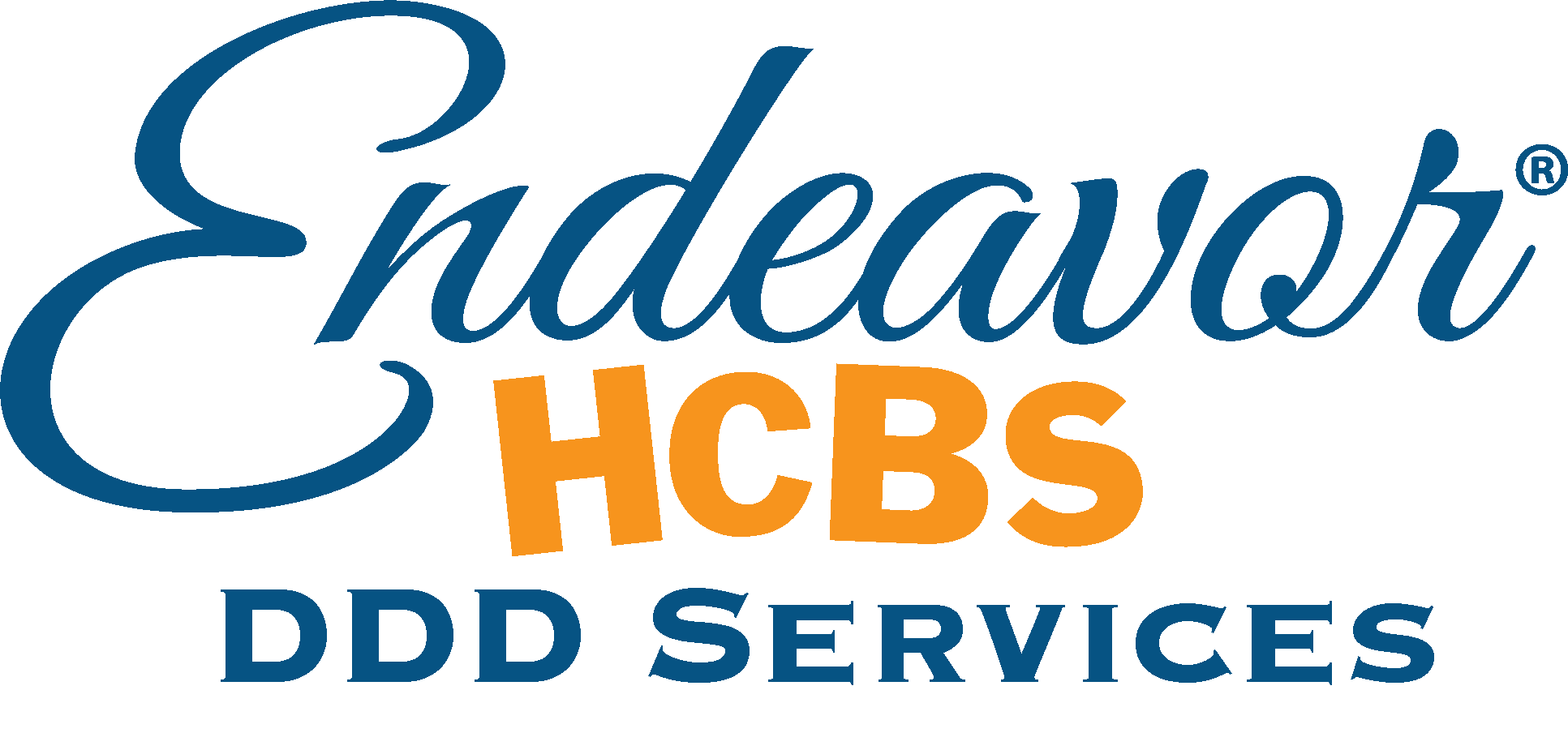It seems like a simple solution to healthcare-associated infections (HAIs), but hand washing remains one of the single-most preventatives as outlined in a 2014 strategy updates for acute care facilities, and a policy that applies to in home care providers as well.
In addition, notes the report, performance in these and other areas are being measured to assess outcomes centered on the prevention of healthcare associated infections, which can be a primary concern for senior care providers.
Infections were categorized by their prevention recommendations and given a low-to-high ranking based on the evidence gathered.
A focus on implementing specific methods of intervention proven to mitigate HAI situations, particularly during the initial outbreak of infections are determined.
By turning attention to locations in the hospital at high risk for HAIs, or certain categories of patient diagnosis, prevention strategies can be initiated throughout the entire hospital.
“Basic practices include recommendations where the potential to impact HAI risk clearly outweighs the potential for undesirable effects….Special approaches include recommendations where the intervention is likely to reduce HAI risk but where where there is concern about the risks for undesirable outcomes, where the quality of evidence is low, or where evidence supports the impact of the intervention in select settings…or select patient populations.”
Primary considerations for basic approaches include common areas that could preceded an instance of infection. As such, a few of the ongoing contributors to HAIS include:
—pneumonia caused by ventilator gateways
— Clostridium difficile infections
— Infections around surgical sites
— UTI infections associated with catheters
Always on the radar, too, are routines associated with daily useage of syringes and needles; in the latter case the concern is the re-use of these items; also, the lapse in judgement is suspect when a single vial of medication is considered ‘ok’ to use for multiple patients.
Looking for home care for your aging parent, or family member? Contact us to learn more about our care-giving services.



